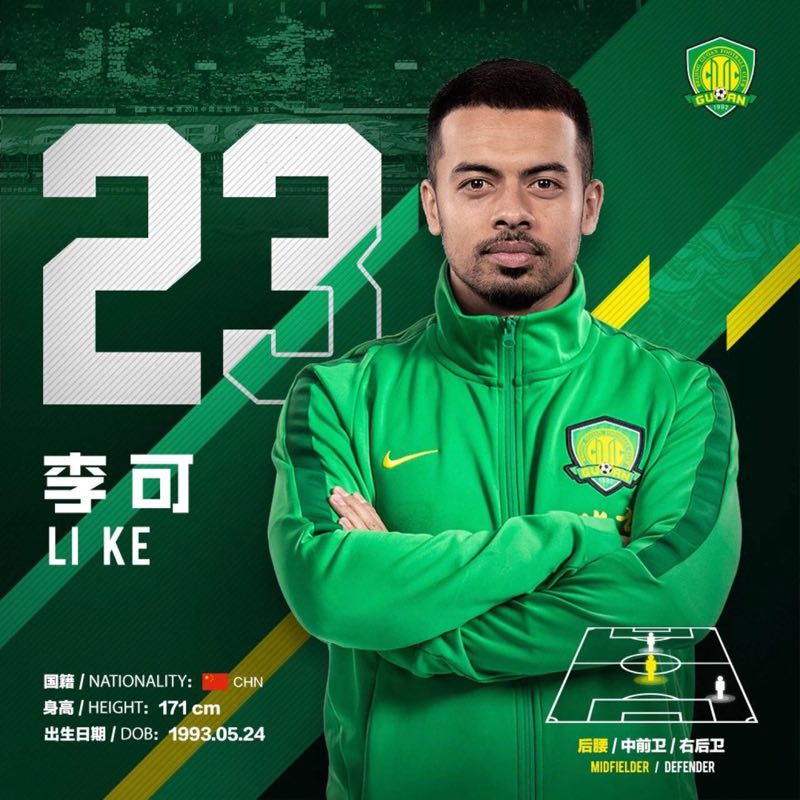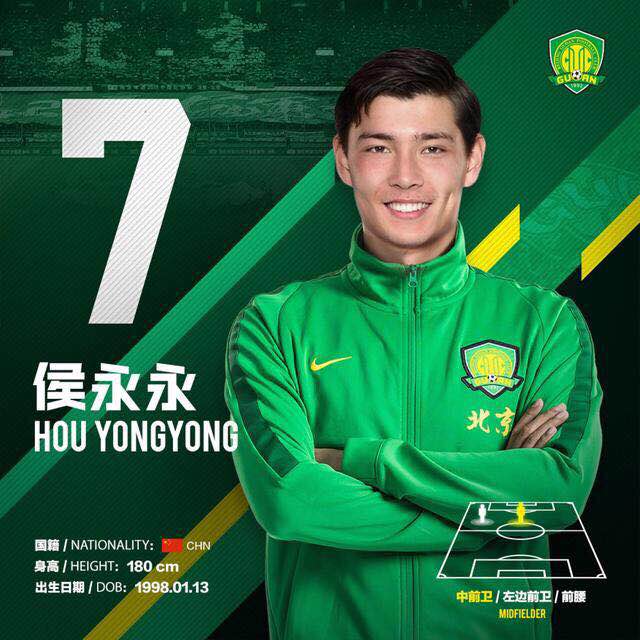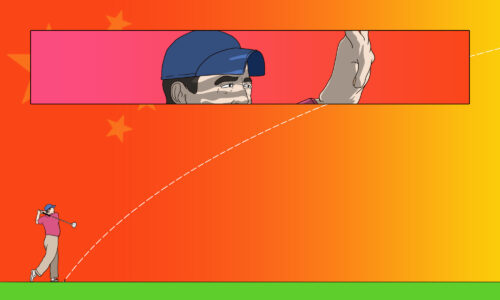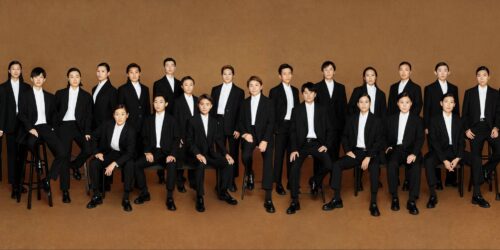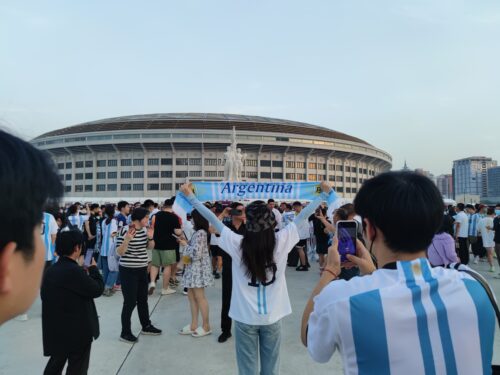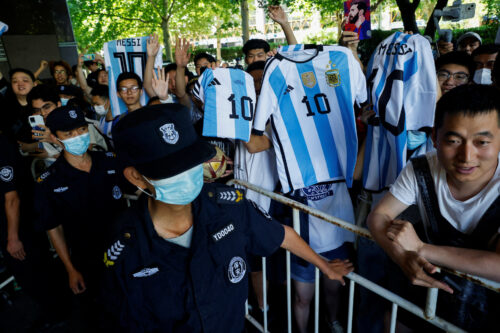Sun Yang, China’s bad boy of swimming, accused of smashing WADA blood vial with hammer
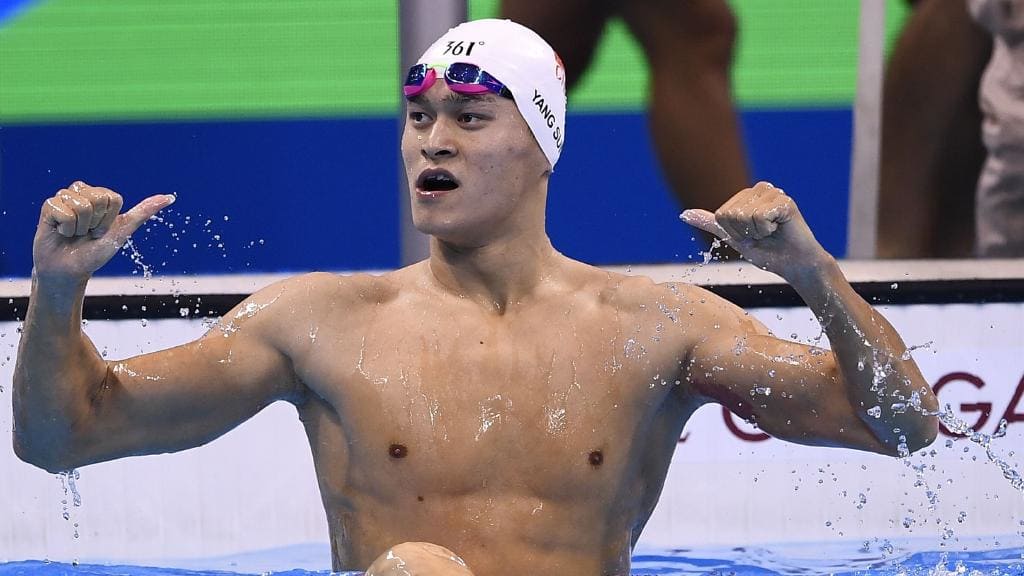
The China Sports Column is a The China Project weekly feature in which China Sports Insider Mark Dreyer looks at the week that was in the China sports world.
Sun Yang 孙杨, China’s bad boy of swimming, is in the shit again, but this time it could be deeper than usual.
UK newspaper The Sunday Times broke the story last weekend that Sun had been involved in an altercation with anti-doping testers at his home in Zhejiang that ended with a glass vial containing Sun’s blood being smashed with a hammer.
The case was reviewed by world swimming body FINA last year, which decided it didn’t have enough evidence to give Sun what could have been a lifetime ban, given that he previously served a three-month suspension for testing positive for a banned substance.
Sun’s lawyer has pointed to FINA’s decision as proof that the swimmer did nothing wrong, and the Chinese Swimming Association (CSA), as expected, has fully backed its star.
But smashing a vial of blood with a hammer — a detail not specifically refuted by anyone on Sun’s team — is a very, very bad look indeed, with many in the swimming world having already written Sun off long before this.
Remember Australian swimmer Mack Horton calling him a “drugs cheat” at the Rio Olympic or French swimmer Camille Lacourt saying that Sun “pisses purple”?
He’s got a lot of fans in China — many of whom have jumped to his defense online — but his reputation outside these shores is far from stellar.
So where do we go from here?
With the World Anti-Doping Agency (WADA)’s appeals process allowing 21 days in which to register a complaint, it was initially thought that window would expire last week. But respected swimming website SwimSwam reports that there is an additional 21-day window for athletes and national anti-doping bodies to take into account, meaning that WADA has until Valentine’s Day to appeal.
SwimSwam reporting that WADA has until February 14 to lodge an appeal against the Sun Yang ruling: https://t.co/rXKHLGaN7w https://t.co/IB0frKj4xv
— Mark Dreyer (@DreyerChina) February 1, 2019
Any appeal would be made directly to the Court of Arbitration for Sport (CAS), whose ruling would be final. Whatever happens, one side is sure to be furious.
Stay tuned on this one, because, in today’s climate where legal decisions are often overtaken by politics, this already-bloody fight could get even bloodier.
~
The player who drew most of the headlines for China at last month’s AFC Asian Cup — as he did after a stellar Chinese Super League season — was striker Wu Lei 武磊, who played the majority of the team’s matches despite suffering a separated shoulder injury in the opening game against Kyrgyzstan.
And while Wu won’t be lining up for Shanghai SIPG when the season kicks off again next month — he’s moved to La Liga side Espanyol for an unknown fee — the question now is whether he’ll be lining up at all.
There’s no doubting Wu’s pedigree within Chinese football. His 27 goals in 29 games far exceeded more well-known foreign names in the league, and he scored two beauties against the Philippines despite his painful shoulder.
There’s a solid case to argue it’s the right time for Wu to step up and test himself against stronger competition, which — hopefully — will benefit both Wu and the national team.
But we’ve seen this movie before.
When Zhang Xizhe 张稀哲 — one of the most highly-rated young players in China at the time — moved to Bundesliga side Wolfsburg in 2015, he failed to even make the bench during a miserable six-month stint, after which he slunk back to China.
Zhang Yuning 张玉宁 — once hailed as the savior of Chinese football — is still in Europe, but he’s hardly had a game for months.
Chinese football hasn’t had players appearing regularly at the top level of European football since the likes of Sun Jihai 孙继海 and Li Tie 李铁 played in the English Premier League in the early 2000s. There’s a desperate need for players like Wu Lei and others to move abroad and succeed.
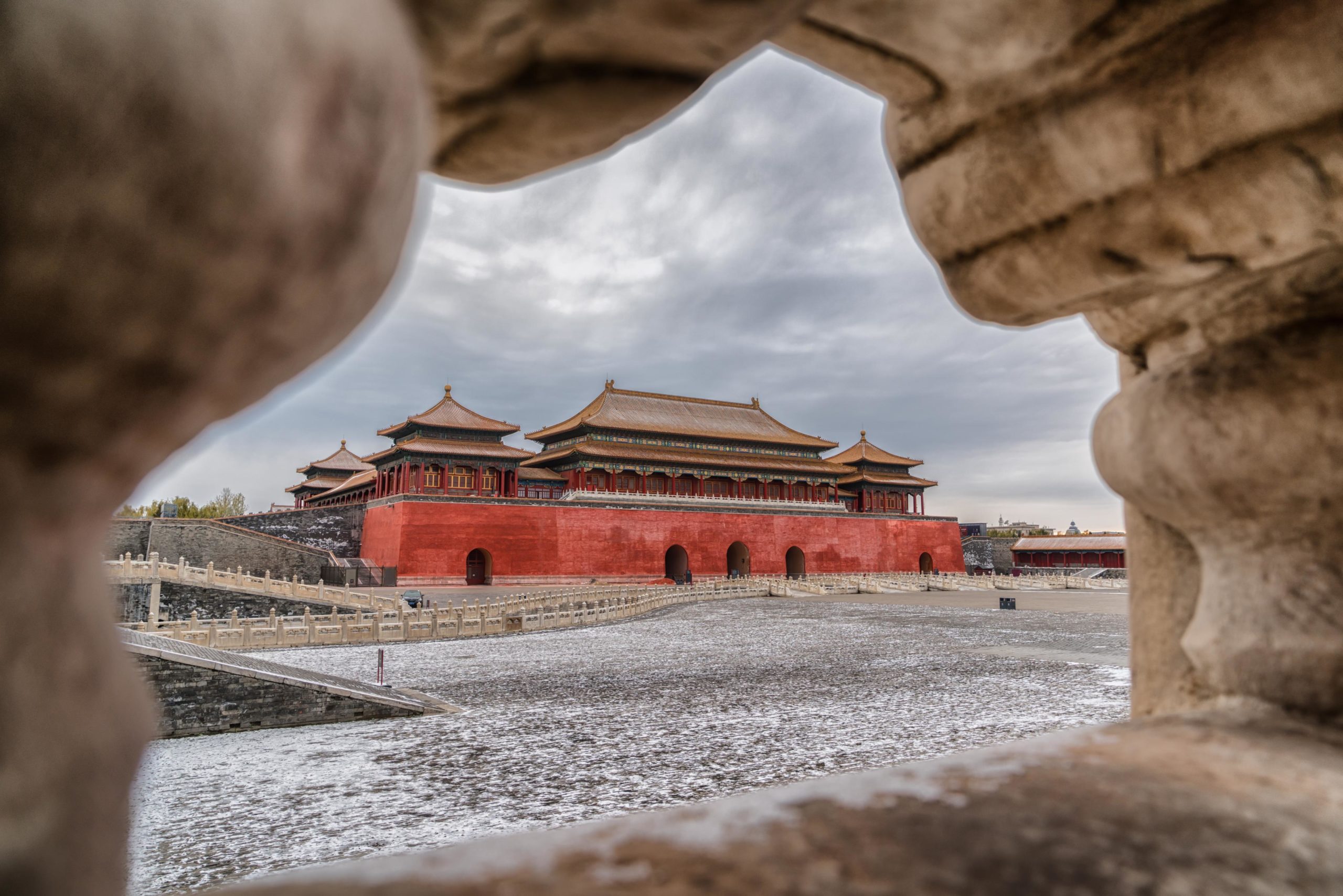 |
 |
But the almost quaint way in which Wu’s club celebrated his departure and wished him well simply goes to show that there is still a huge gap between the CSL and Europe’s top leagues.
Fingers crossed that Wu Lei is able — somehow — to bridge it.
~
Beijing Guoan announced two newly-naturalized Chinese players this week in a move that has wide ramifications for Chinese sports.
Former Arsenal trainee Nico Yennaris (a.k.a. Li Ke 李可) and John Hou Sæter (a.k.a. Hou Yongyong 侯永永) both have Chinese mothers and, since neither have represented another country at senior international level — though they have appeared for England and Norway, respectively, at youth level — they are able to represent China, having now acquired citizenship.
It’s perfectly legal under FIFA’s rules and a widely-adopted procedure around the world, but it’s significant because it’s a first for Chinese football.
And while this represents a large step forward — this columnist has been calling for China to recruit from a wider base for years — several questions still remain.
Reports have circulated that clubs may only be allowed to have two naturalized players on their rosters, with only one being added each season, raising the issue of whether China needs to add a 57th ethnicity for Naturalized Chinese But Still Not Really Properly Chinese (NCBSNRFC) folk.
With China expressly forbidding dual citizenship, surely you’re either Chinese or you’re not?
It’s also not yet known whether these two will be able to return to their previous citizenships after their playing careers come to an end, should they want to.
It’s not something that China would encourage, since it creates the dubious perception that they are simply rental players, but it may have been part of the deal to persuade them to convert in the first place — especially when it’s known that several of the part-Chinese North Americans among China’s ice hockey squads aren’t too keen to give up their current passports.
Whatever their backgrounds, Li and Hou will likely be warmly welcomed by fans, especially if they produce on the pitch, though given that neither has played a game at the top levels of European football, expect them to be merely respectable by CSL standards, rather than game-changers.
~
@EuropeanTour this is a marginal interpretation of the new Rule 10.2b @haotong_li good playing. pic.twitter.com/jNxT0aokxj
— Brian McKinley (@brijon5555) January 27, 2019
Finally, Chinese golfer Li Haotong 李昊桐 got the shaft this week at the Omega Dubai Desert Classic, a tournament he famously won last year by beating Rory McIlroy down the stretch.
And while he couldn’t quite match those heroics this year, another fine performance had him slated to finish third, picking up some solid world ranking points as well as a rather large paycheck.
But a two-shot penalty — which can only be described a ludicrous — dropped him down to 12th, and has had the golf world up arms (though in a very civilized way, of course, because it’s golf). The reason for the penalty was because his caddie was standing behind him — in line with both Li and the hole — when Li went to address his ball for a birdie putt on the final hole.
This was the first known infraction of Rule 10.2b(4), installed just this year, to prevent players from having their caddies “line them up” before putting. Li was dinged by the letter of the law, if not the spirit.
It’s clear that this particular caddie had absolutely no impact on the putt, which was basically a tap in, and Li probably didn’t even realize his caddie was there.
European Tour boss Keith Pelley dumped all the blame on the rule makers, the R&A (golf’s ruling authority), in a statement, while several players, including former U.S. Open champion Graeme McDowell and four-time Ryder Cup champion Paul McGinley, spoke out in Li’s defense.
~
And finally, here’s an illustration of Chinese soccer development found on Chinese social media:
The China Sports Column runs every Friday on The China Project. Follow Mark Dreyer @DreyerChina.
